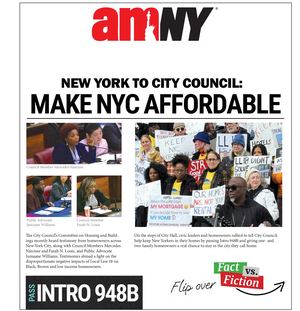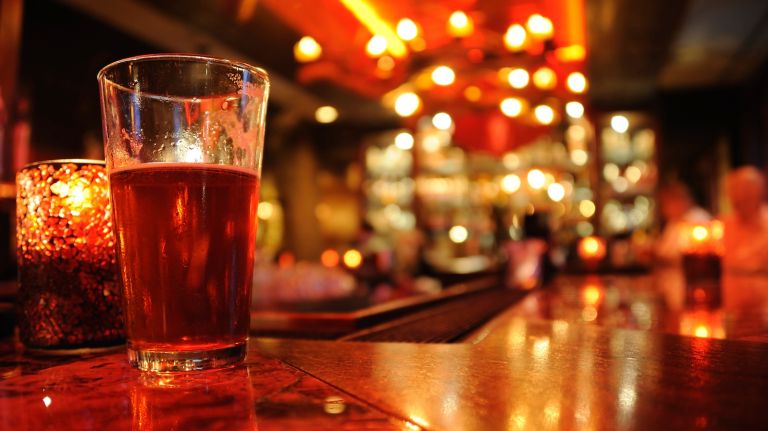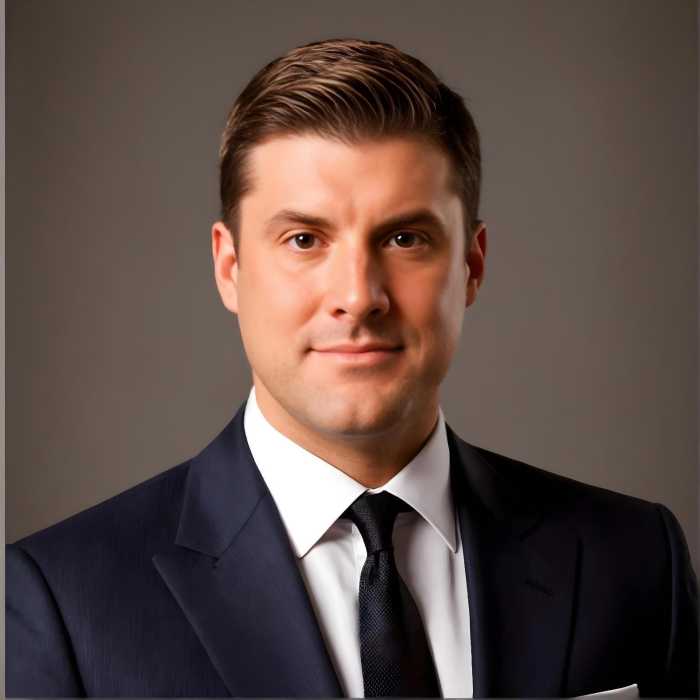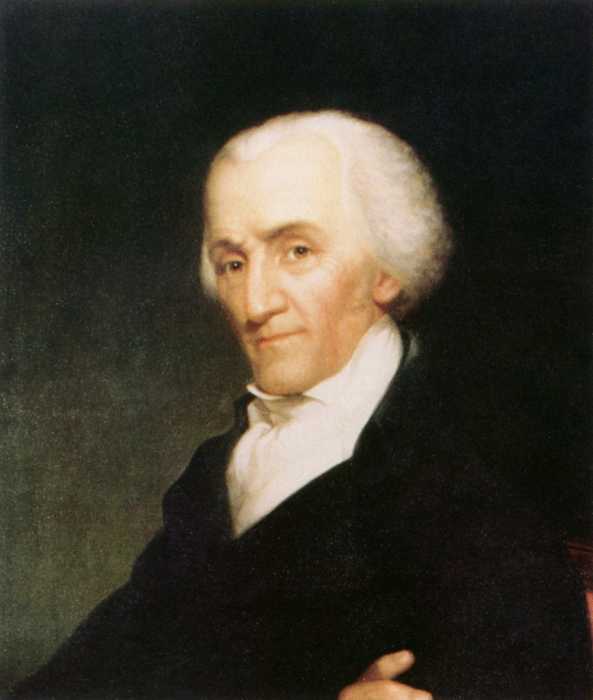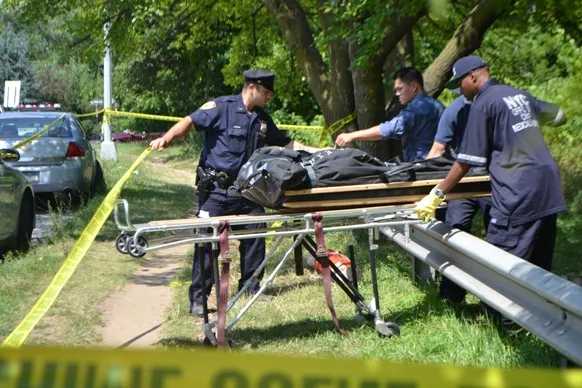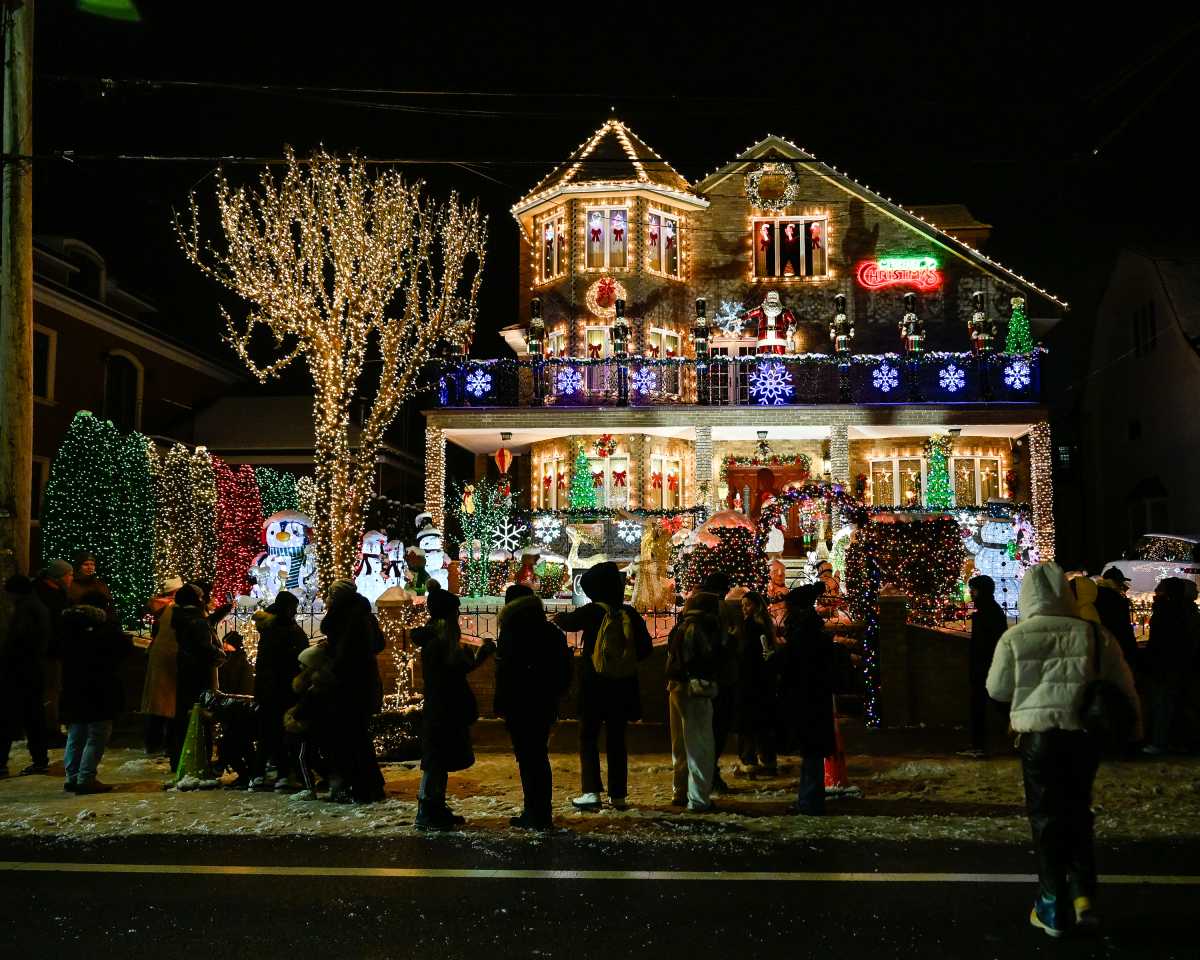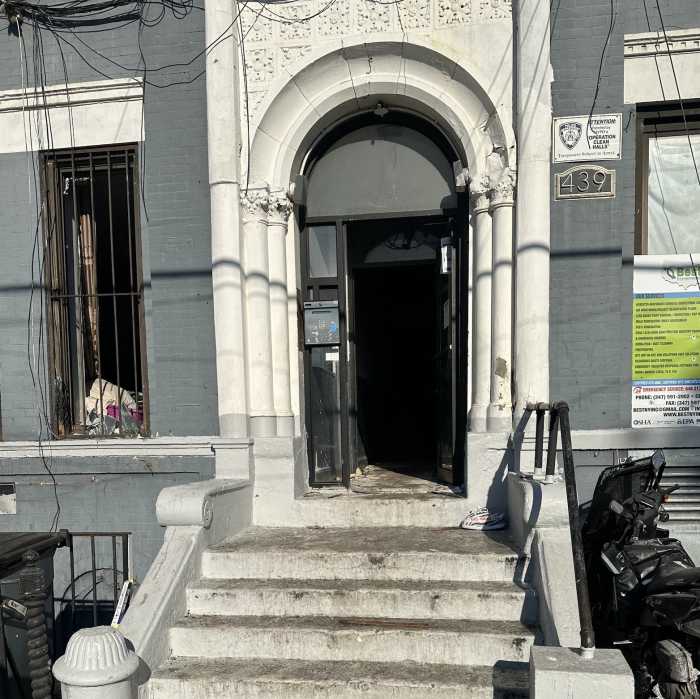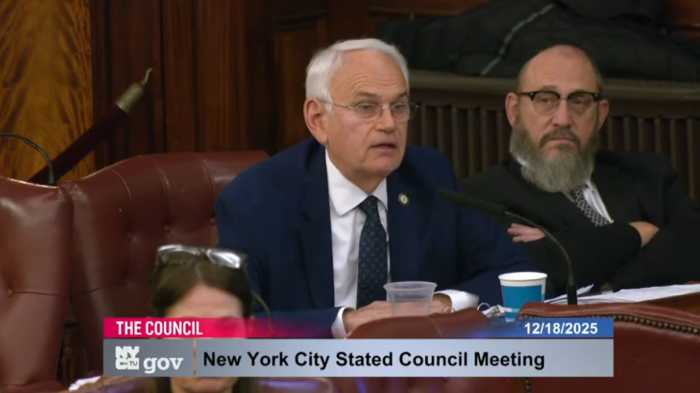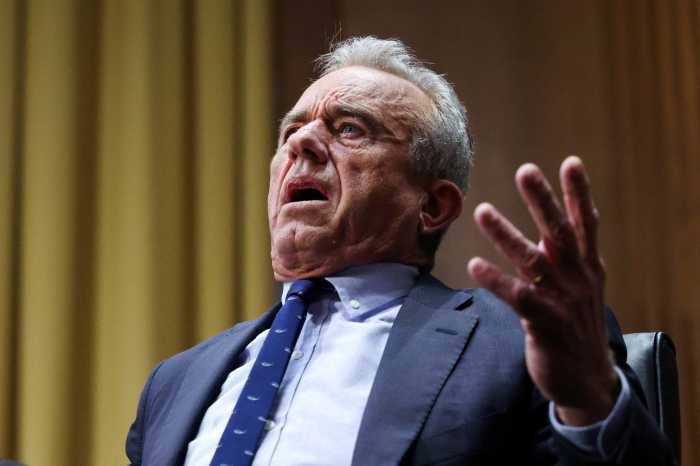
Andrew Muchmore always wanted to open a bar, but he says he went the “safe route” and went to law school first. While working as a lawyer he opened Muchmore’s in 2012, a Williamsburg spot with a cookie jar next to the drafts and a good performance space. Everything was going well until his two professions collided.
Muchmore’s received a citation for violating the city’s cabaret law in 2013, a very strange but real piece of legislation that prohibits dancing without a license — for the establishment, that is, and it’s an onerous process to get one. Only a tiny proportion of city establishments have done so — currently 93 — meaning your cha-cha could have violated the law for your favorite after-hours spot over the weekend.
Muchmore is one in a long line of people to have complained about this law, but now there may be movement on various fronts, including the federal court case that Muchmore filed to protest the law in 2014.
Mayor Bill de Blasio has recently taken an interest in nightlife-as-jobs-creator, announcing a forthcoming “nightlife ambassador” last week. And on Monday, there will be a hearing on the law to be conducted by City Councilmember Rafael Espinal, who has supported repealing it.
Do you have a license for your swaying?
When the original law was passed in 1926, it was even more restrictive. “It prohibited instruments used in jazz without a license–including wind, brass and percussion instruments.”
This was during the Harlem Renaissance and the birth of jazz, which, you might note, requires brass instruments. Brass players were legally stifled.
The Board of Alderman’s recommendation for the law also gives a clue to who exactly the aldermen were trying to exclude: “In the judgment of your Committee, the ‘wild’ stranger and the foolish native should have the check-rein applied a little bit. . . . Your Committee believes that these ‘wild’ people should not be tumbling out of these resorts at six or seven o’clock in the morning to the scandal and annoyance of decent residents on their way to daily employment.”
In the years since, the law has been tweaked and challenged on various fronts. The instrument ban fell in the 1980s due to court action. A 2006 case sought to declare the whole law unconstitutional, and while a state court declined to do so, the final sentences of the judge’s decision expressed exasperation: “The City can take the lead by finding a way to accommodate more opportunities for participatory social dancing. Surely, the Big Apple is big enough to find a way to let people dance.”
Not yet, apparently. But de Blasio’s announcement of a “nightlife ambassador” nearly identical to one that Espinal has been pushing for might signal an interest in adding dancing venues as opposed to subtracting. It was part of de Blasio’s much-awaited jobs plan, and the projected senior-level administration official would be tasked with supporting the city’s nightlife industry. Perhaps this indicates city leaders will someday be more willing to let the boroughs groove.
Let’s dance (if the legislative process works out)
Until then, bars are at the mercy of being ticketed and tattled on with the help of the outdated legislation. That’s what happened to Muchmore’s in 2013 — the bar was hosting a rock show that night, and maybe the neighbors didn’t like the vibe because someone called in a noise complaint. “Plus, Muchmore got a strange ticket violating the cabaret law for what he believes was “swaying” on the premises.”
Muchmore says he had somewhat gleefully hoped to ask the officer who wrote out the ticket to portray in court what exactly it was that the cop saw on the premises that night. The jitterbug, maybe? The funky chicken?
The ticket ultimately went nowhere, but Muchmore brought a challenge to the cabaret law on constitutional grounds so that he wouldn’t have to worry about being in violation again. (Also, he says, he was looking to expand his law practice from mainly commercial law into some constitutional.)
The bar-owner/barrister says the current law makes it easy for places to be shut down just because the music or clientele don’t fit in with the community. Noise complaints or fire code violations are still valid, of course, and on the books. But the vagueness of the cabaret law can lead to easy harassment of venues.
For Muchmore’s, the law has meant more of the kinds of shows that wouldn’t induce one to dance in an obvious way: rock or folk music, for example.
Its repeal might pave the way for more “danceable music,” Muchmore says: perhaps electronic DJs, or example, or late-night dance parties.
That might be the kind of “wild” that has always made NYC what it is, aldermen aside.
